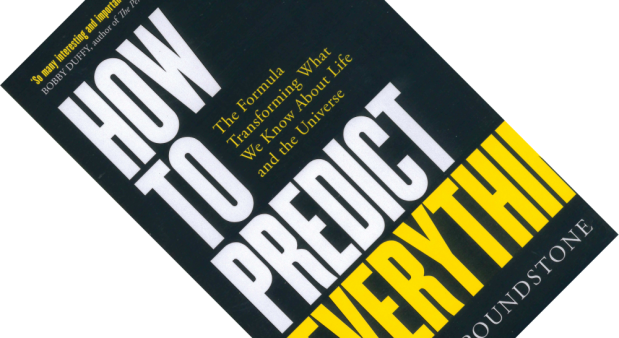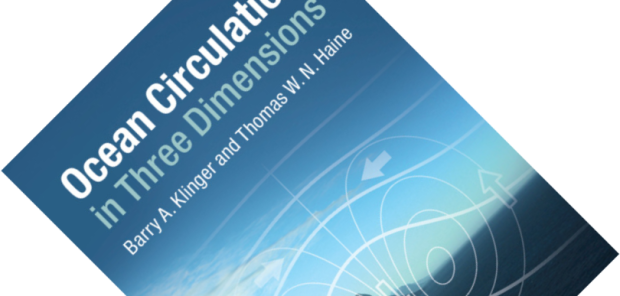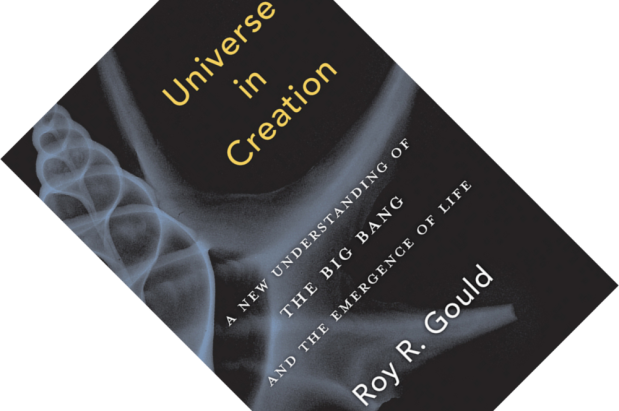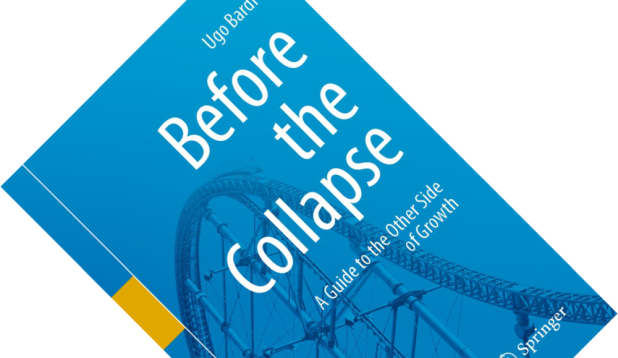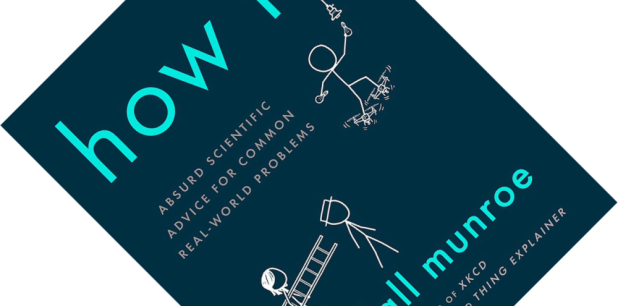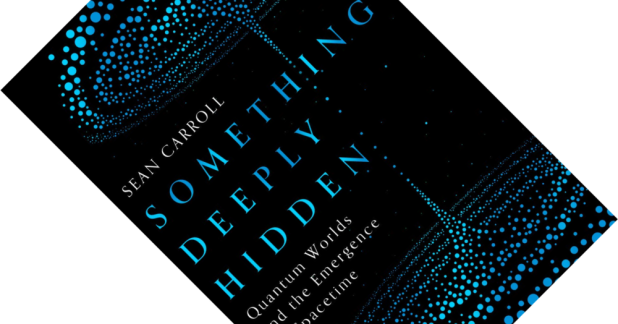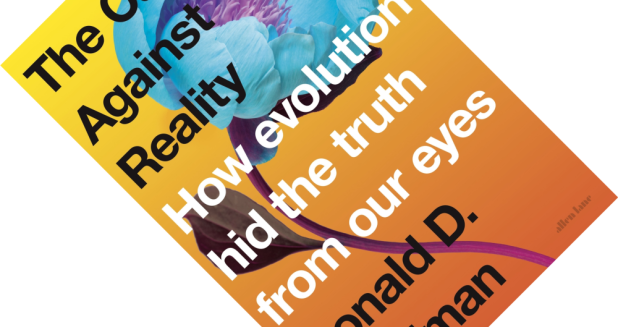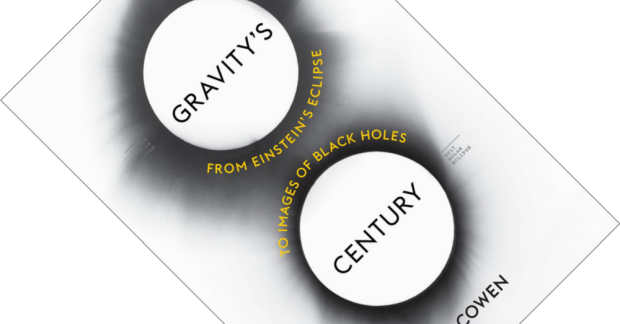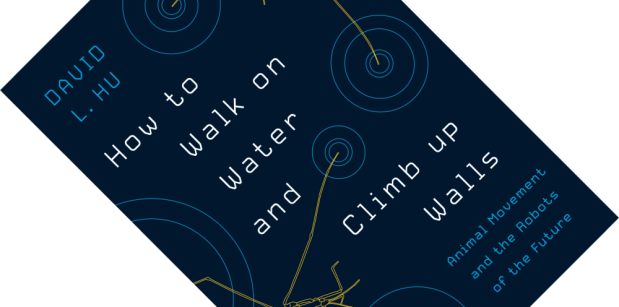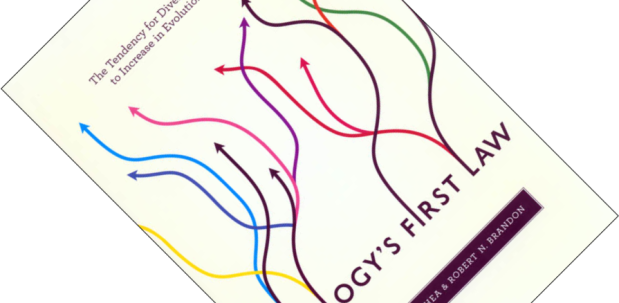6-minute read
How do you predict something that has never happened before? That is the question heading this book. And as it so happens, there is an app formula for that. Purportedly a book about Bayes’s theorem, author William Poundstone quickly latches onto the doomsday argument and whizzes the reader through a mishmash of thought experiments and philosophical puzzles that try to answer the question how long humans will survive.

